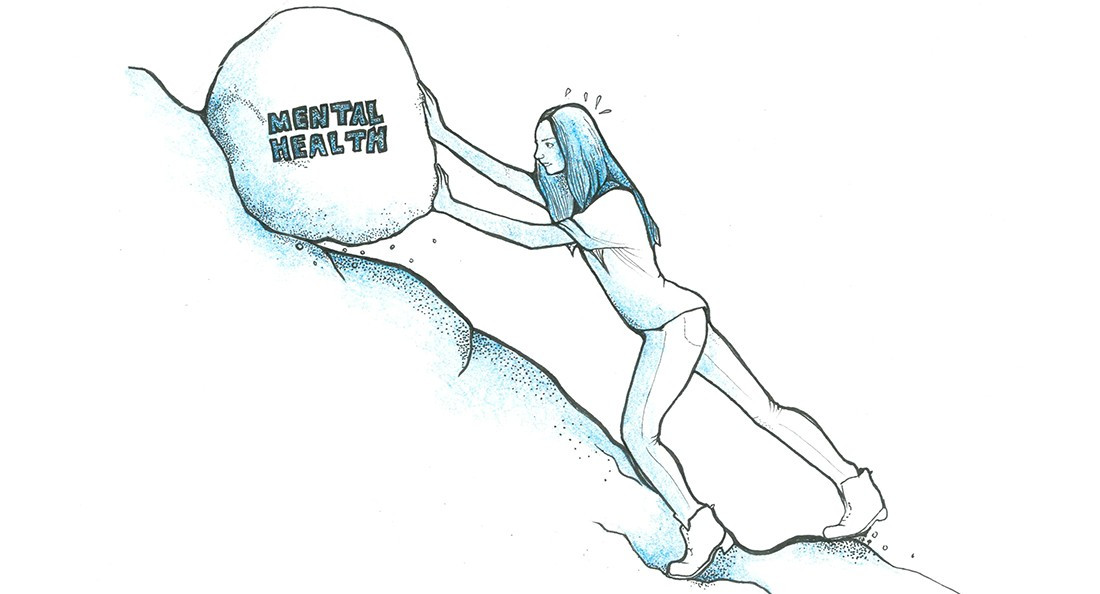It’s time to talk
Canadian Mental Health Association boosts mental health awareness
The Canadian Mental Health Association (CMHA) Manitoba and Winnipeg is holding the Mindfulness Based Stress Reduction Course. Beginning on March 10, 2018, this course will teach registered participants to use mindfulness to reduce stress in their daily lives by recognizing challenges that they may face, which will allow them to better their mental health. The course includes eight weekly classes as well as one long class, usually on a weekend.
“Mental Health is … psychological, social and emotional well-being, and it’s really about - as an individual, as a family, or as a community - about having the things we need in life to function and to flourish,” Marion Cooper, executive director of the CMHA’s Manitoba and Winnipeg branch, says.
“It’s about the ability to enjoy life and to contribute and to have the resources to respond to the stressors that may come into your life. (It’s about) being able to get through difficult times,” she says.
CMHA’s services are structured to the resources and needs of each community in which a branch is based. Cooper says that CMHA’s goal is to respond to the needs of all Canadians in regards to mental health, illness, addiction, recovery and overall well-being.
During the Mindfulness Based Stress Reduction Course, participants will learn how to control and maintain balance in their lives.
Mindfulness can be practised individually or in groups, according to a CMHA pamphlet. It can appear in many forms, such as paying attention to what one is eating, rather than being distracted by the television, paying attention to one’s environment or speaking with a friend without being distracted by a phone.
“Mindfulness is a strategy that’s really about slowing down and calming one’s thoughts and feelings in a particular way to be able to achieve a sense of well-being. (Mindfulness Based Stress Reduction) is a particular methodology to develop the skills to be able to quiet their minds and their emotions,” Cooper says.
She says that when dealing with cases of mental illness, each treatment and process is specific to the individual, as each person has a different threshold of dealing with stressors.
“We’re all different. We know that in the context of university and colleges. You have different workloads and students, managing different things. You might have a student with three jobs and managing a full course load, and they seem to be able to manage it. (For) another student, that’s not possible,” she says.
From Oct. 22 to 24, 2018, the national-level CMHA is holding the Mental Health Conference for All (MH4A).
Fardous Hosseiny, the national director of public policy and government relations for CMHA and the MH4A committee chair, says that the conference, which is open to the public following registration, brings together researchers, people with lived experiences and front-line workers to talk about mental health, mental illness and addiction.
“Looking ahead means looking upstream: upstream to mental health promotion, to preventing mental illness. Our current system is based on responding to crisis, and to meeting the acute needs of people with severe mental illness. We know there is much more that can be done and done earlier. We have learned that access to high quality services that are timely, person-centered and culturally responsive are key,” he says.
Published in Volume 72, Number 20 of The Uniter (March 8, 2018)








